

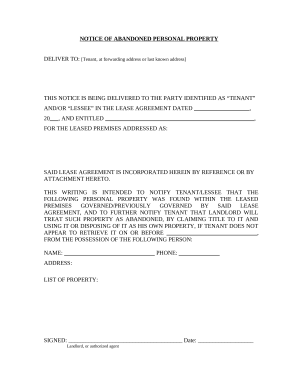
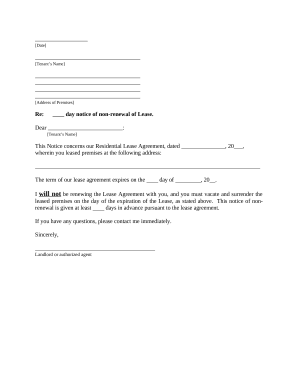
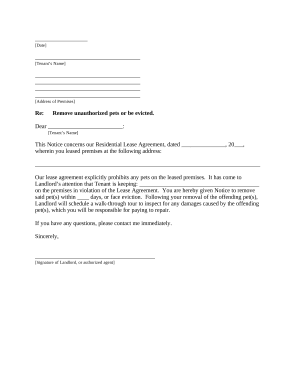
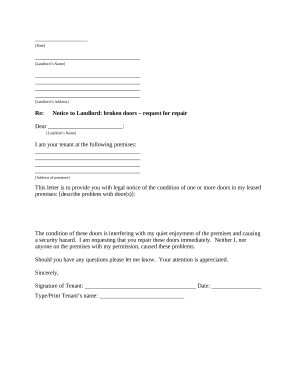
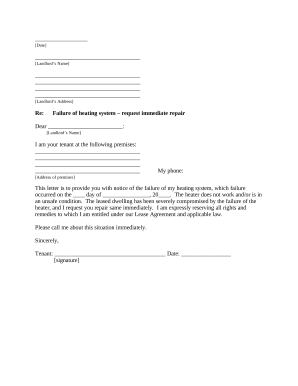
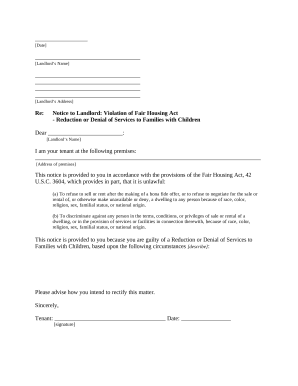
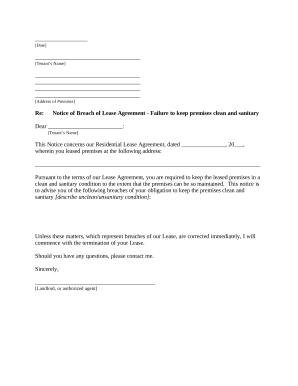
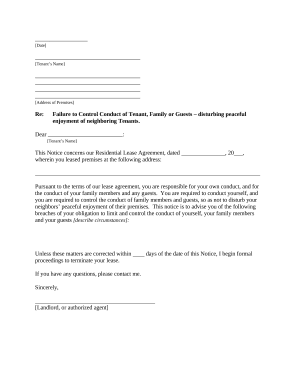
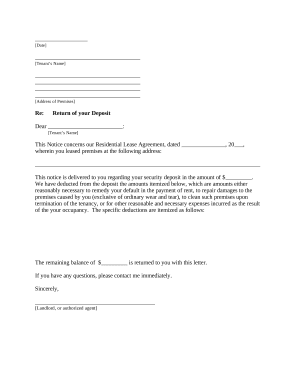
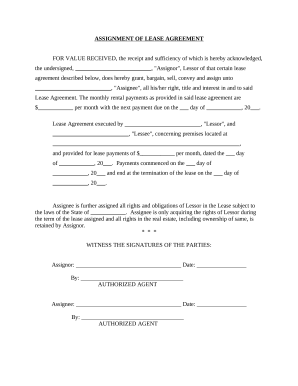
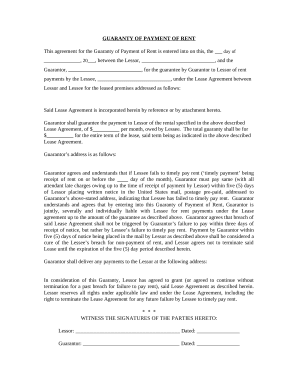


Form administration consumes to half of your office hours. With DocHub, it is simple to reclaim your time and effort and improve your team's productivity. Get Illinois Landlord Tenant Laws online library and discover all form templates relevant to your day-to-day workflows.
Easily use Illinois Landlord Tenant Laws:
Speed up your day-to-day file administration with our Illinois Landlord Tenant Laws. Get your free DocHub profile right now to discover all forms.